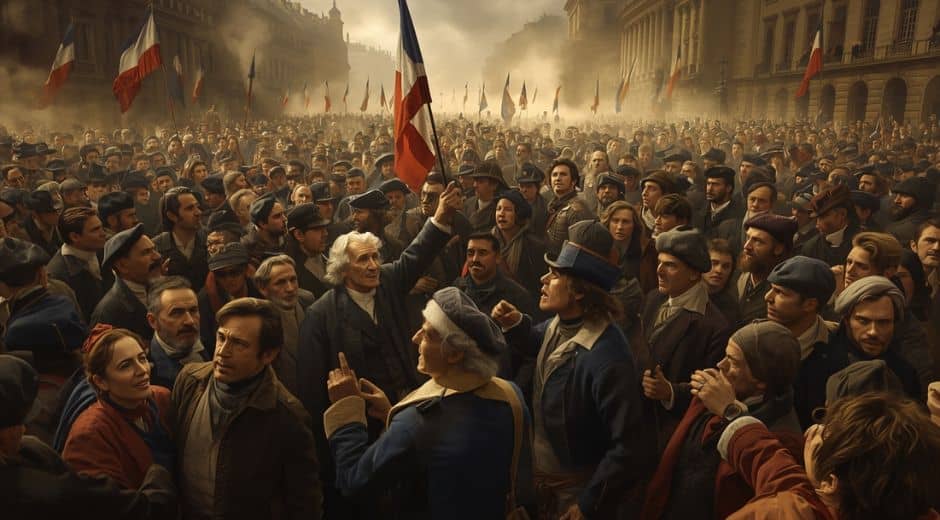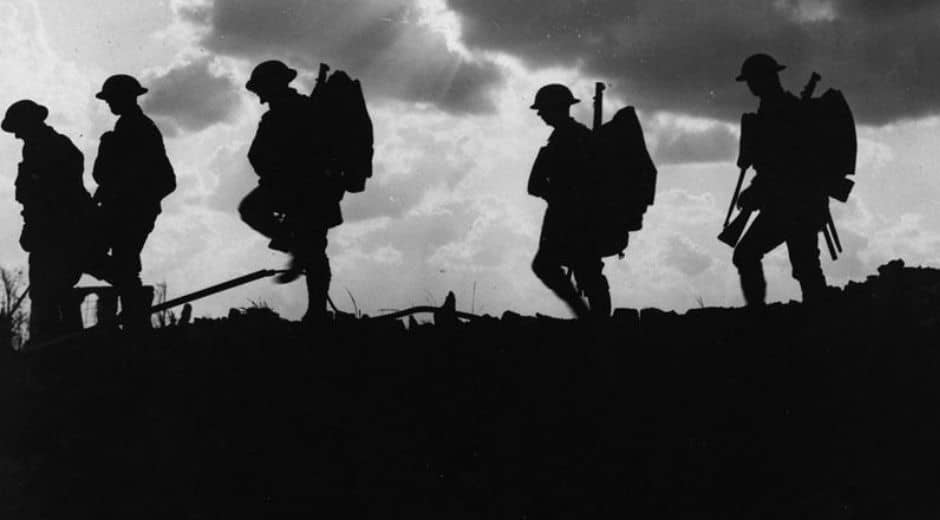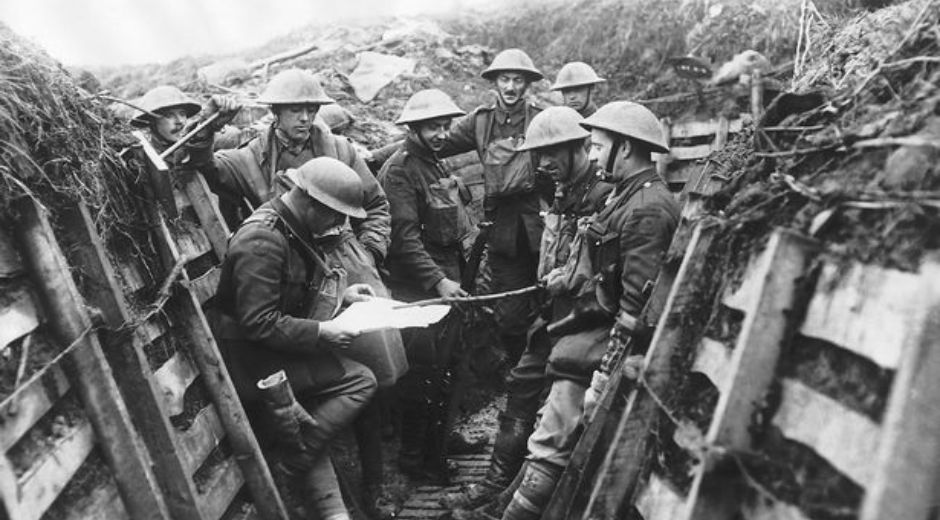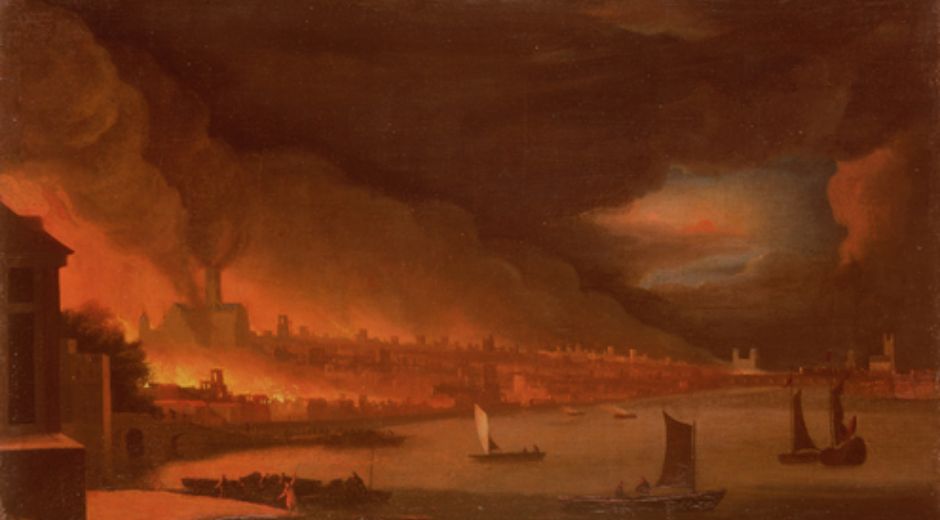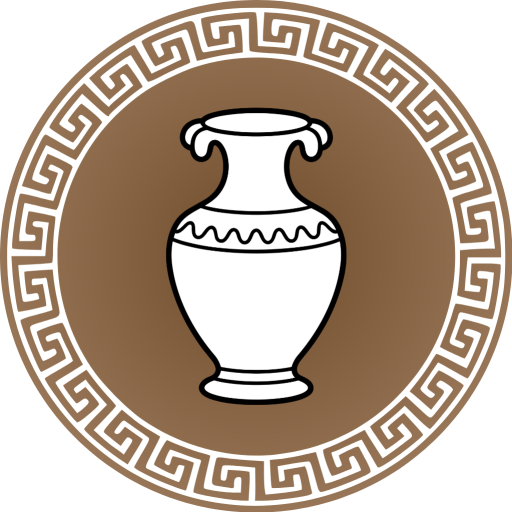The French Revolution: When the People Rose
The French Revolution remains one of the most powerful turning points in human history. What began as a movement for justice and equality in 1789 evolved into a storm that dismantled centuries of monarchy, privilege, and oppression. The French Revolution didn’t just change France, it redefined the meaning of citizenship, rights, and freedom for generations to come.
The Seeds of Rebellion
By the late 18th century, France stood at the edge of collapse. Economic crises, food shortages, and heavy taxation burdened the poor, while the nobility lived in luxury. The Enlightenment had planted ideas of liberty and equality, and when King Louis XVI failed to act, the nation erupted.
The Estates-General meeting of 1789 became the spark that lit the fire. When the commoners declared themselves the National Assembly, they symbolically seized power from the monarchy, setting in motion the revolution that would forever change the world.
The Storming of the Bastille
The most iconic moment of the French Revolution came on July 14, 1789, when Parisians stormed the Bastille prison. Though only a handful of prisoners were freed, the act became a symbol of defiance against tyranny. The fall of the Bastille represented the triumph of ordinary citizens over royal oppression and remains celebrated every year as France’s national holiday.
From that moment, the French Revolution gained unstoppable momentum. Peasants rose across the countryside, aristocrats fled, and revolutionary ideas spread like wildfire.
The Declaration of Rights
In August 1789, the revolutionaries drafted one of history’s most important documents — the Declaration of the Rights of Man and of the Citizen. Rooted in Enlightenment ideals, it proclaimed that all men were born free and equal before the law.
This declaration became the moral foundation of the French Revolution, influencing democracies worldwide. It marked a turning point in human rights, echoing the principles that would later shape constitutions across the globe.
For a deeper insight into this milestone, explore BBC History, which traces how the French Revolution’s ideals continue to shape global democracy.
Reign of Terror and the Price of Freedom
Yet, the revolution’s promise soon gave way to chaos. The Reign of Terror, led by Robespierre and the Committee of Public Safety, sought to eliminate all opposition. Thousands were executed under the guillotine, including King Louis XVI and Queen Marie Antoinette.
The French Revolution had become both a beacon of liberty and a warning of extremism. It revealed the tension between idealism and power — between freedom and control.
A Nation Transformed
Despite its turmoil, the French Revolution succeeded in abolishing feudalism, ending hereditary privilege, and establishing secular governance. It redefined the relationship between citizens and the state. Ordinary people, once subjects, became participants in shaping their destiny.
The ripple effects reached far beyond France. Revolutions in Latin America, Europe, and even Asia drew inspiration from the French Revolution, spreading its message of equality and national sovereignty.
At Chronostual, we explore how such revolutions not only changed politics but reshaped identity, proving that history’s greatest upheavals often arise from the human desire for justice.
The Rise of Napoleon
Amid the power vacuum that followed the French Revolution, a new figure emerged — Napoleon Bonaparte. Promising order after years of chaos, he rose through military success to become emperor. While his rule marked the end of the revolution, it also ensured that its core values endured through his reforms.
Napoleon’s Civil Code institutionalized many of the revolution’s principles, including meritocracy and equality before the law. The spirit of the French Revolution lived on, even under imperial rule.
For further reading on how revolutionary ideals influenced the rise of modern democracies, explore GamingNewsHead, where you’ll find in-depth analyses of how the French Revolution’s echoes still shape political thought today.
Legacy of Change
The French Revolution redefined how the world understood power. It showed that governments exist to serve the people — not the other way around. Its battles, both literal and ideological, continue to inspire movements for freedom and equality across the globe.
Even centuries later, the cry for “Liberté, Égalité, Fraternité” remains a universal call for dignity and justice. The French Revolution taught that progress often demands sacrifice, but it also proved that the pursuit of equality is worth every cost.
Conclusion
The French Revolution was not merely a historical event, it was a rebirth of human will. It tore down kingdoms, questioned traditions, and replaced fear with the power of collective voice.
Though turbulent and bloody, it gave the world its first modern vision of democracy. The courage of those who rose in 1789 continues to remind us that freedom, once awakened, can never truly be silenced.
History Insight Legacy
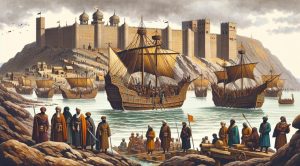
How Imperial Expansion Changed Borders And Cultures Forever
How Imperial Expansion Changed Borders And Cultures Forever
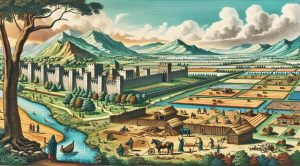
The Rise And Fall Of Early Kingdoms In World History
The Rise And Fall Of Early Kingdoms In World History

Lost Civilizations And What Archaeology Reveals About Them
Lost Civilizations And What Archaeology Reveals About Them
